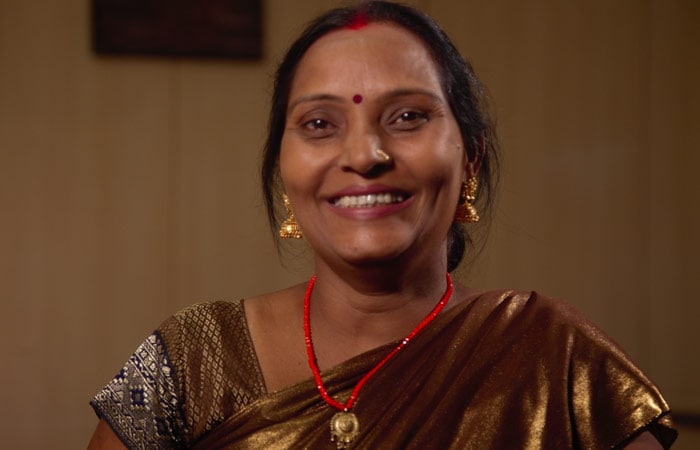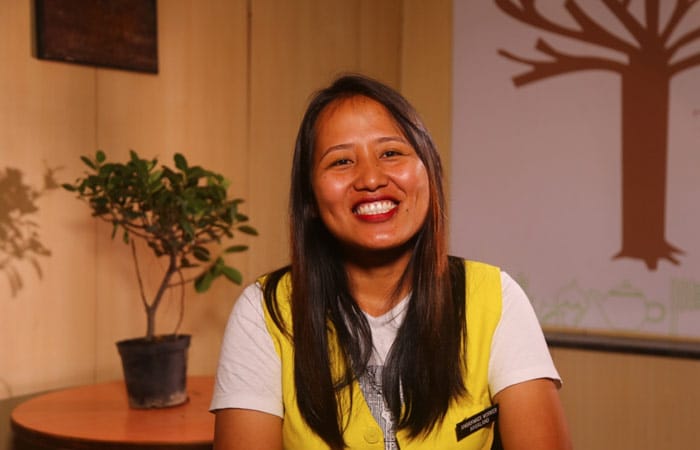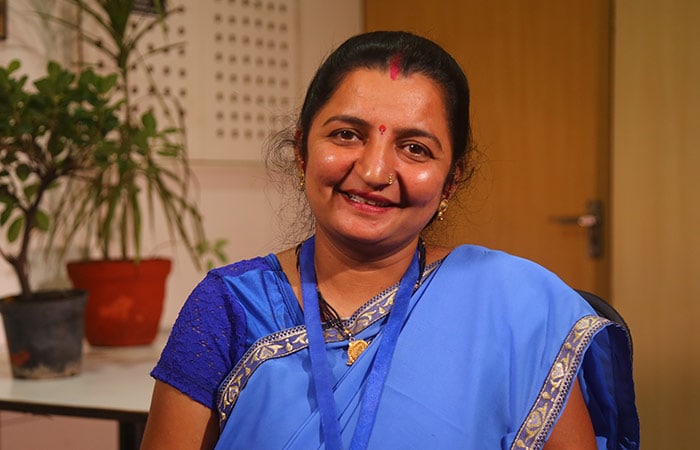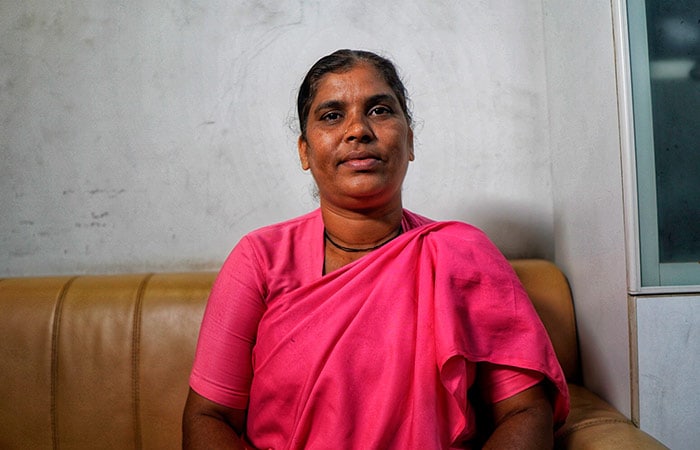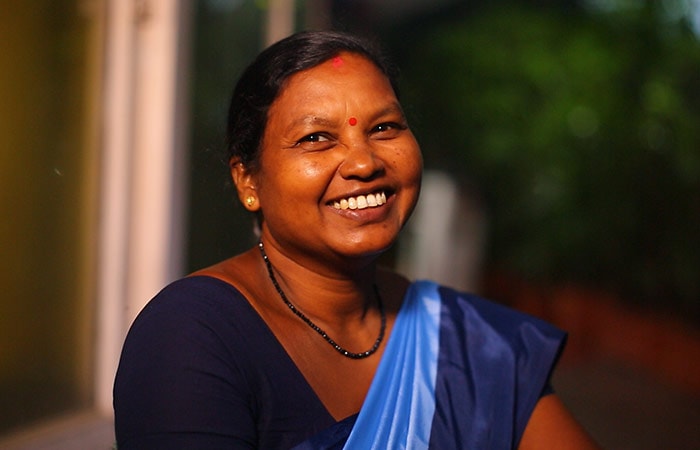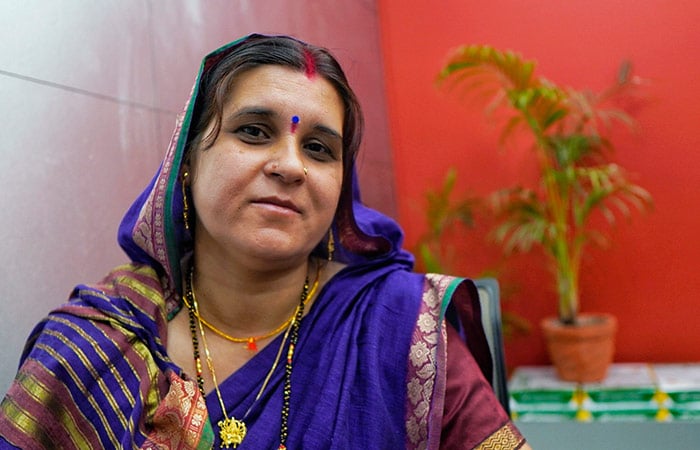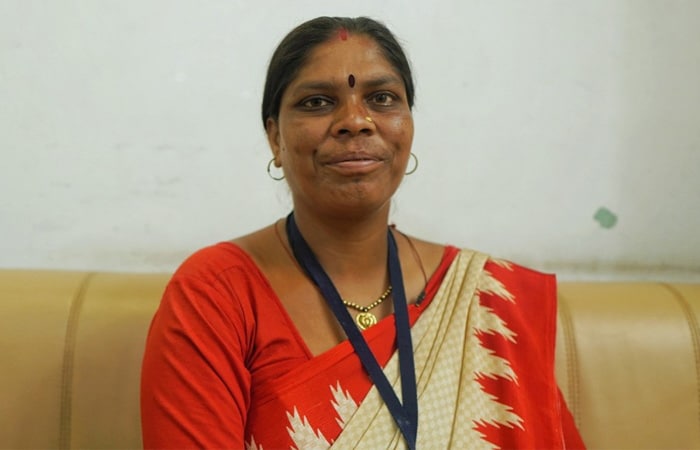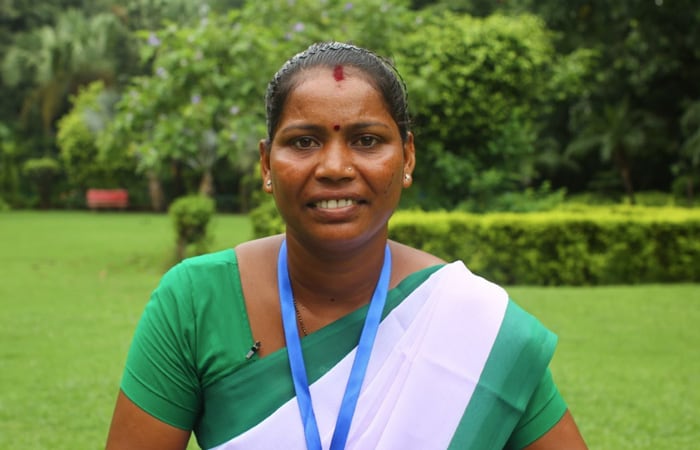Bharat Ki 'ASHA': Meet The ASHA Workers Who Joined Banega Swasth India's Independence Day Special
A key role has been played by ASHAs (Accredited Social Health Activists) who are the backbone of the National Rural Health Mission and are at the forefront of ensuring a healthy India.
-
During COVID-19, Deepti Pandey helped a pregnant woman from Hasuwapara village who was also COVID positive and had severe symptoms. Deepti took the pregnant woman to the nearest health facility for delivery. She has done similar outstanding work in her field and saved many lives, she has also received awards for her achievement and notable work for the community.
-
Kali Shohe, a graduate from Nagaland's Dimapur town, is an Anganwadi worker. She has been providing her services as an Anganwadi worker (AWW) for 12 years. Anganwadi workers are women volunteers under the Integrated Child Development Services (ICDS) programme. She works closely with pregnant women, lactating mothers and children aged 0-6 years.
-
Amina Begam has been an ASHA worker in the urban slums of Bengaluru for the last 12 years. Since she got married at an early age so couldn't pursue her education, but she believes that knowledge is power and hence has educated her 3 children, today they all are professionally well settled. As an ASHA worker she focuses on mothers' health and family planning, the correct spacing of children and use of contraception.
-
Matilda Kullu, has been an ASHA worker for the past 15 years in Gargadbahal village in Odisha's Sundargarh district. She is the first ASHA worker who has featured in the Forbes India W- Power 2021 list. When Matilda joined as an ASHA, the villagers did not visit a doctor or a hospital if they fell sick - they preferred to perform 'jhaad phoonk' (black magic) to treat themselves. It took years for Matilda to educate the villagers to stop this practice and opt for appropriate medical routes. That's not all, she even had to bear the brunt of casteism and untouchability.
-
Ranjana is the only ASHA worker for Gurguda hamlet, 20km off her village, Kauni Rukauli in Madhya Pradesh's Rewa district. There are two ways to reach Gurguda - either take a boat and cross the river or through forest area but that's risky because of wild animals and dacoits. During the COVID-19 pandemic, she continued to take the boat to visit people in Gurguda. People were not ready to believe her and the seriousness of the pandemic. So she made paintings to educate and spread awareness among the citizens. She says that no COVID-19 case was detected in her village. As per an article in Free Press Journal, an international organization in the USA, National Public Radio (npr.org), recognized her work. Out of 19 women globally, they selected her as one of the three most influential females in the world for working hard to check the spread of COVID-19.
-
Nirmala has been working in Doma village since 2014. She motivates pregnant women for institutional delivery and promotes the admission of malnourished children for Child Treatment centers and Nutrition Rehabilitation centers. Nirmala has also actively participated in the village health, sanitation and Nutrition Day (VHSND) programs.
-
Masuri Gagrai is an ASHA worker in Laojora village, Jharkhand and has been working in the domain of health and nutrition since September 2019. Even before she became an ASHA worker, she has been taking up issues regarding nutrition in various community meetings. She is also called a nutrition warrior, as she has always been concerned about the pregnant and lactating mothers not taking sufficient food intake. She has been successful in raising awareness among the people of her village about the importance of nutrition during the first 1000 days of a child and has also motivated them to create their own small nutri gardens (kitchen garden) in their backyards, from where they can easily consume locally available nutrition-rich food.

